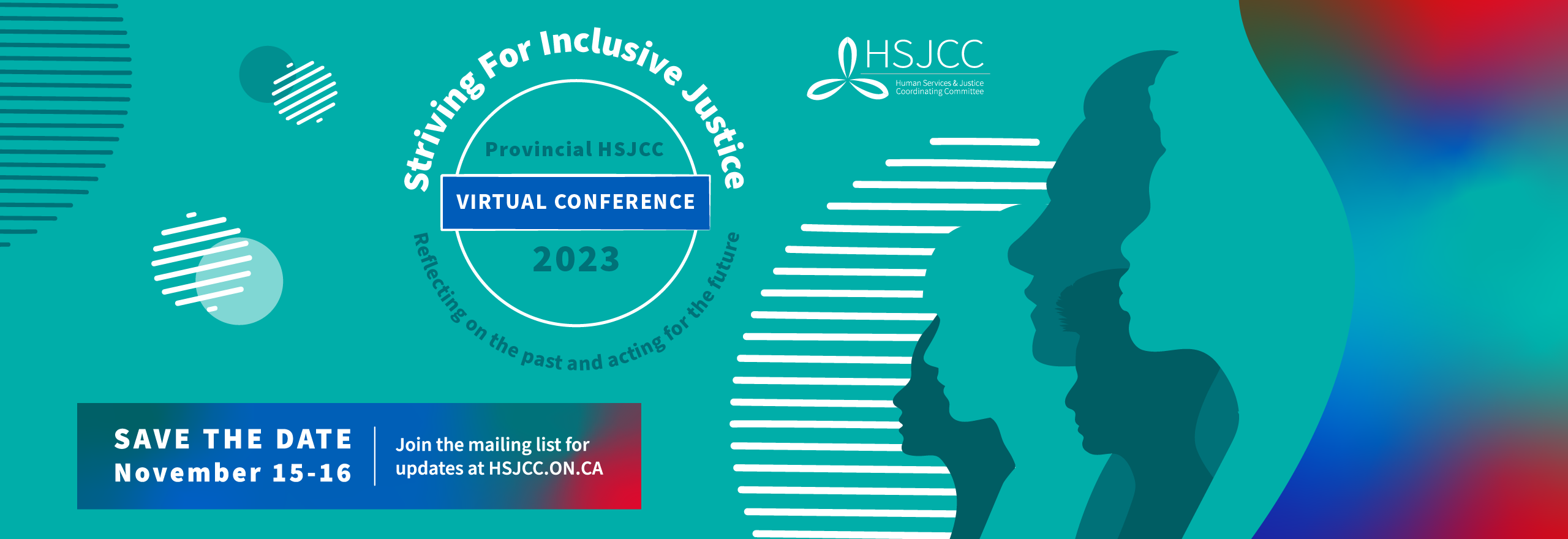Goals and Key Commitments:
To identify both service and service coordination gaps at the local level and make funding recommendations based on the needs and gaps identified
To establish a continuum of care delivery model through partnership agreements and protocols
To coordinate and facilitate communication, joint problem-solving and planning efforts among health (including mental health and addictions), criminal justice, and developmental service, acquired brain injuries
To develop creative local solutions to problems or issues through more effective service coordination as well support and initiate funding opportunities
Specific Objectives:
To review existing and establish new protocols with HSJCC member agencies;
To strategize ways of addressing the needs of the priority client group;
To coordinate services and advocate for priority clients in order to prevent them from inappropriately entering the judicial system;
To work with the legal system as advocates for appropriate placement and care of priority clients;
To develop a mechanism that would assist the Justice System, particularly the Crown Attorney in identifying the priority client and to develop a system that would provide assistance to the crown once the client has been identified;
To establish an inventory of services and supports that currently exists;
To identify and advocate for change to improve the experience of individuals with mental illness/addictions/developmental disability and acquired brain injury who come into contact with the justice system.


